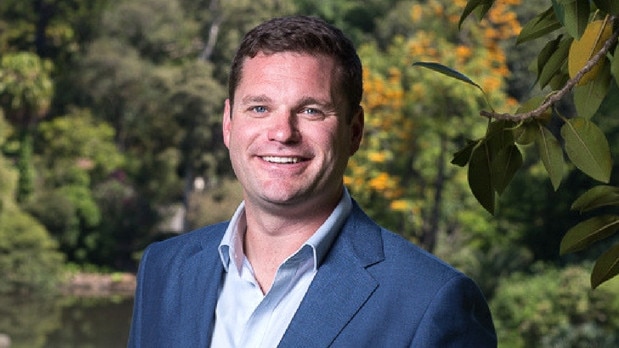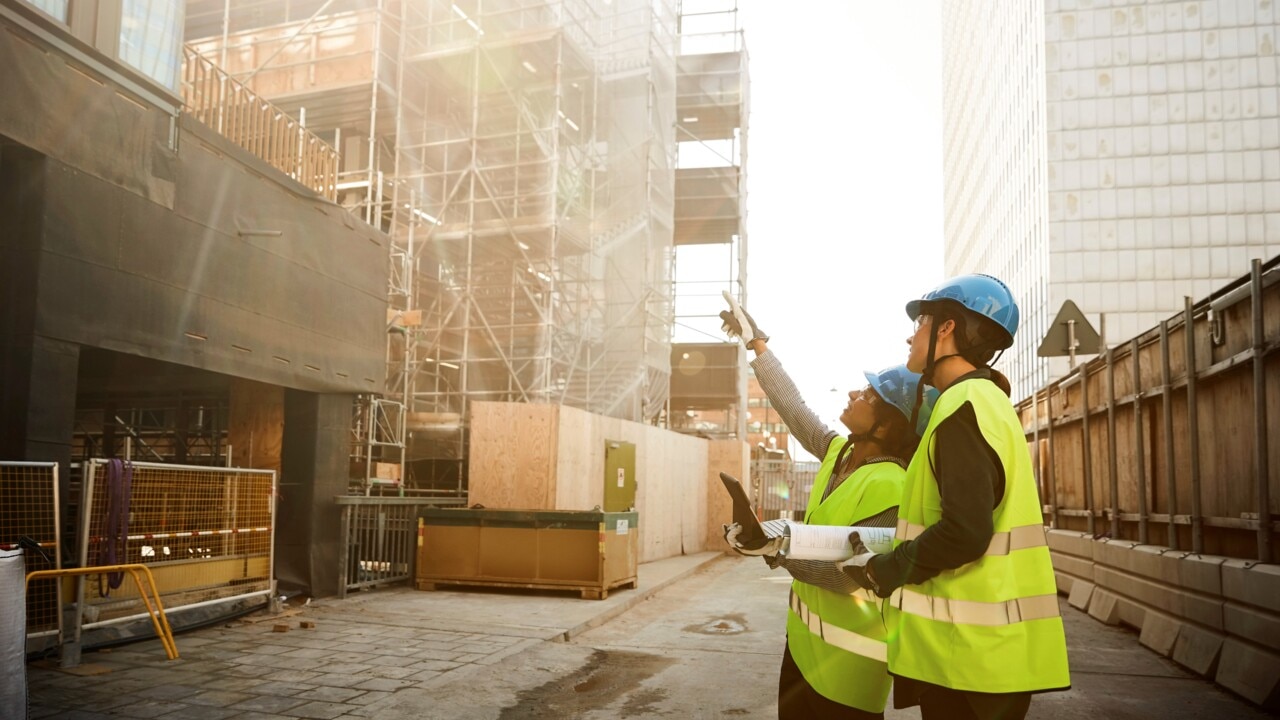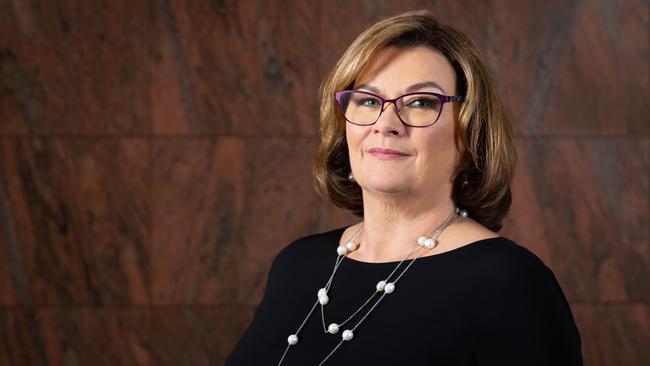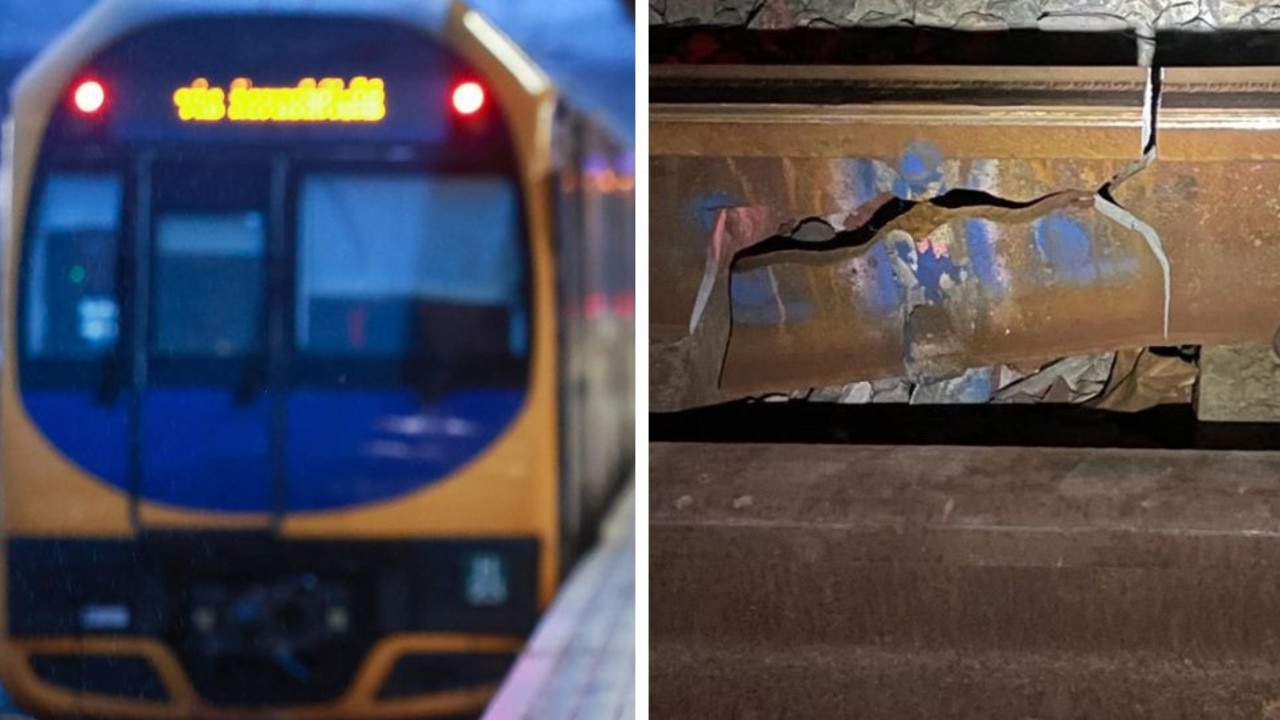An early retirement may be easier than you think to achieve
Covid changed people’s ideas on work, wealth and retirement, and people wanting to retire sooner may find it easier than they think.

National
Don't miss out on the headlines from National. Followed categories will be added to My News.
Early retirement is on the minds of a rising number of Australians as more people put health and lifestyle ahead of having the biggest possible nest egg.
Financial advisers and strategists say since the pandemic there has been an increase in people wanting to retire well before the official pension age of 67.
Others are taking a more flexible path to full retirement, choosing to work part time and supplement their income with superannuation so they can enjoy more of their 50s and 60s.
However, too many are flying blind when it comes to retirement planning, and many may be able to stop work sooner than they think.
The key to retiring early is investing more money sooner into property, shares and other growth-focused assets, as well as making extra contributions into superannuation, which can be accessed seven years before pension age.
JBS Financial Strategists CEO Jenny Brown has noticed a trend of more people wanting to retire sooner.
“One of the reasons behind that is that work is full on and people don’t switch off,” she said.
“You have got social media 24-7 so it’s go, go, go, and as a result people are getting to their early 50s and think ‘I don’t want to retire at 65. I want to cut back my hours or want to retire early. How do I do that?’.”
Step one
Ms Brown said the first step towards an early retirement was to work out what you currently spent and how much money you would need to live comfortably in retirement.
“Look at that side of things then work backwards. How much do you need as a lump sum?” she said.
This initial planning hurdle is when many people trip up.

Research released in June by global investment giant Vanguard found about half of Australians do not know if their money will last in retirement, do not know how much they can spend each year without outliving their savings, and have not thought about how old they will live.
It found two-thirds of us do not know how long of a retirement to plan for.
“With Australians projected to live longer over the next 40 years, it is increasingly difficult to estimate how much money will be needed in retirement,” Vanguard’s How Australia Retires report says.
“This could lead to retirees spending too much or too little in their retirement years and subsequently experiencing adverse retirement outcomes.”
People wanting to retire at least seven years early are going to need more than just their superannuation, because super cannot be accessed until after age 60 when a person stops working.
Tribeca Financial CEO Ryan Watson said people planning to retire early needed to ensure they had they right mix of money both inside and outside of super.
“Inside superannuation because you want to maximise the tax effectiveness of this investment environment,” he said.
“But, enough outside to ensure that you can financially afford to retire early.”
Written goals
Mr Watson said it was important to understand your household cash flow both now and in retirement.
“If you know what you want to spend in retirement, you will be able to work out much money you will need to have invested to support your retirement,” he said.
“Take the time to understand what you truly want from life, in the short, medium and long term.
“Once you have documented your goals, you can then understand whether you might have a financial gap to achieving them if you retire five to 10 years before you are entitled to an age pension.”

Mr Watson said more people were taking stock of what was truly important to them, and prioritising the importance of time and what they enjoyed in life. This was leading to more early retirements or big changes to working arrangements to improve work-life balance, he said.
Marinis Financial Group managing director Theo Marinis has a long-running mantra for anyone wanting to retire comfortably and early: “put money into super as soon as you can, as much as you can, for as long as you can”.
“I have seen a lot more people retiring,” he said.
“Everyone got freaked out by Covid and realised we are not going to be living forever.
“It freaked out people and is still freaking people out, and that’s what’s causing them to rethink their strategy.”
Getting good financial advice well before retirement is crucial.
“Speak to somebody,” Mr Marinis said.
“People don’t realise how well off they are financially. Almost everyone who comes through my door doesn’t think they have enough to retire comfortably.
Tax savings
$1 million puts you in the top 20 per cent. If you have $1 million you can afford to retire early.”
A majority of Australian retirees live off a combination of their super savings and the age pension, which currently pays a single person more than $29,000 annually and a couple combined close to $44,000.
The pension assets test can be generous, with a homeowner couple with $1 million of other assets still able to access some age pension plus its related discounts and other benefits.
Strategies to sell off investment assets – such as shares and rental properties – can be used in the early years of retirement to lower tax and provide extra income.
“You can divest yourself of those things gradually and manage the capital gains of selling the shares and selling the property,” Mr Marinis said.

As capital gains are added to people’s other taxable income in a financial year, the tax bill will be much lower if there is no other income in the year a large asset is sold.
Capital gains tax can be offset by many people through concessional, tax-deductible, contributions. There is a limit of $30,000 per year – a potential $60,000 tax deduction per couple, and many people can make catch-up contributions for the unused portion of previous years’ concessions contributions caps.
“You can contribute to super concessionally until 67 and non-concessionally to 75,” Mr Marinis said.
Balancing act
Leaping immediately into retirement is not appealing to everyone, and a gradual move from full-time work can deliver both lifestyle and financial benefits.
Mr Marinis said labour shortages gave employees bargaining power about shifting to part-time work.
“You can transition,” he said. “Who says you can’t work part-time?
“You can supplement your tax-exempt account-based pension with part-time work.”
Tired workers could tell their boss they wanted to retire but would be happy to work three days a week to help them out. “As an employee you have some power,” Mr Marinis said.
Even if the finances make sense, potential retirees have another big question to answer: what are they going to do with their time?
“You have to find something, whether it’s Meals on Wheels or your local football club if that’s your passion,” Mr Marinis said.
“For your mental wellbeing, you have got to have a purpose in life.

“A lot of my clients work one or two days as volunteers, and feel like they are contributing something back into society.”
Ms Brown said making extra super contributions early made an early retirement possible.
People can choose to set up salary sacrifice so the money automatically comes out of their pay, or they can make voluntary tax-deductible contributions at any time of the year.
The voluntary road can be bumpy, as many people tend to spend everything left in their pay packet.
“We have found with a lot of people that they are not necessarily disciplined,” Ms Brown said.
“If they salary sacrifice $20 a week it adds up, you save a lot of what you would otherwise be paying to the tax department.
“Remember you can’t access super until you meet a condition of release, which is 60 and retired or generally 65.”
“Start putting a little bit more away today – don’t wait until tomorrow.”
Key questions to ask yourself
1. How much money will you need to live on each year in retirement?
2. What will you want to do with your spare time?
3. What are your hobbies and travel plans, and what sort of social life do you desire in retirement?
4. Are your finances structured to maximise income and reduce tax?
5. How will you maintain a positive purpose? Do you plan to give back to your community?
Source: Tribeca Financial
More Coverage
Originally published as An early retirement may be easier than you think to achieve





